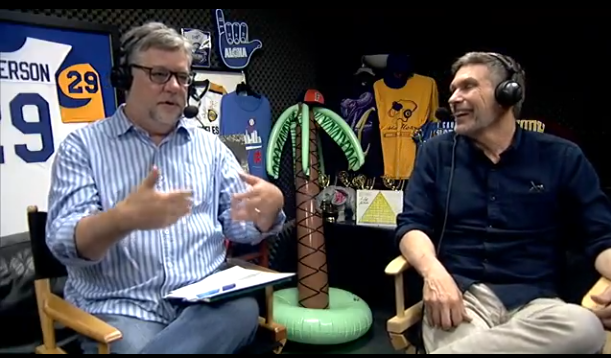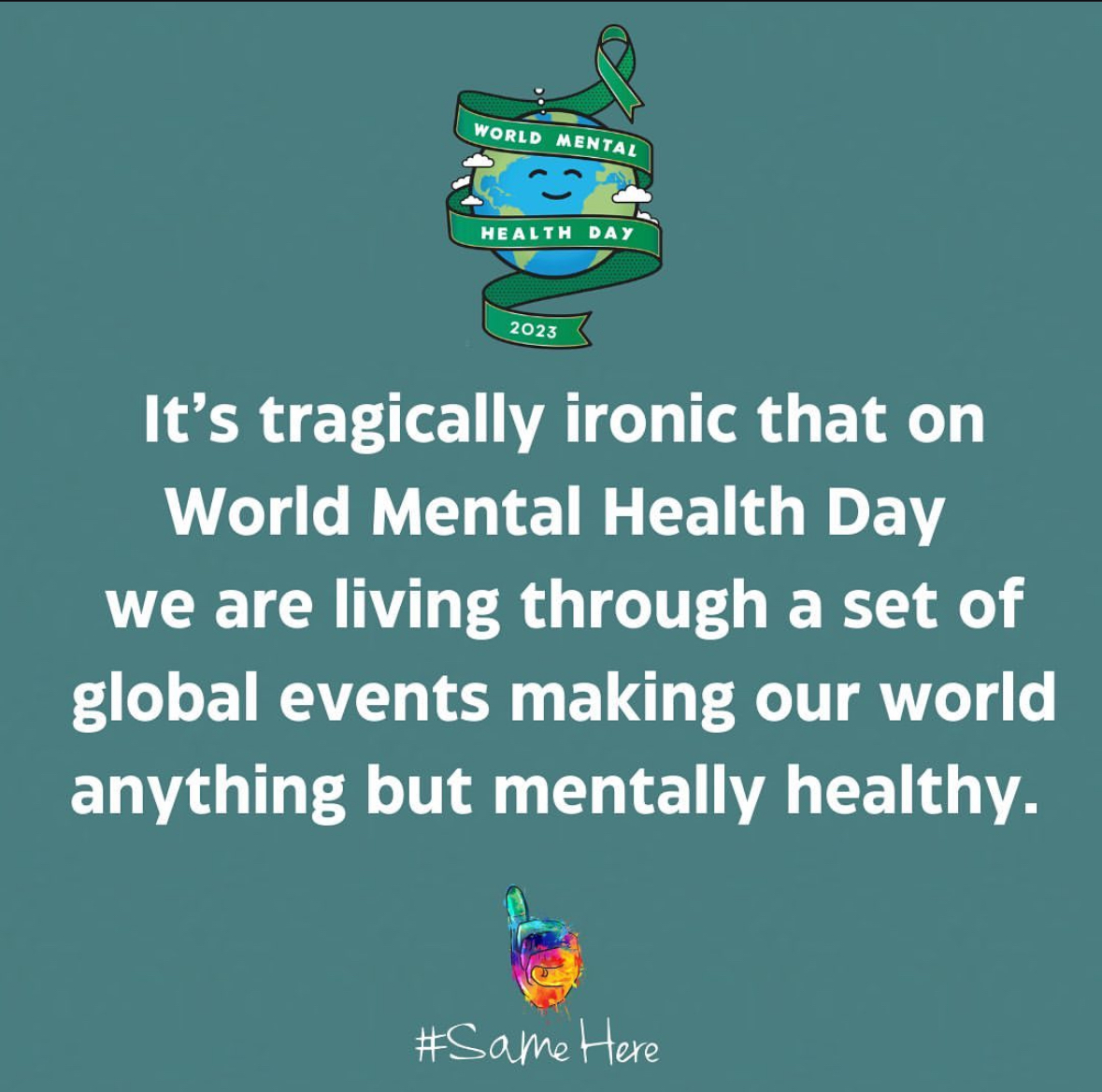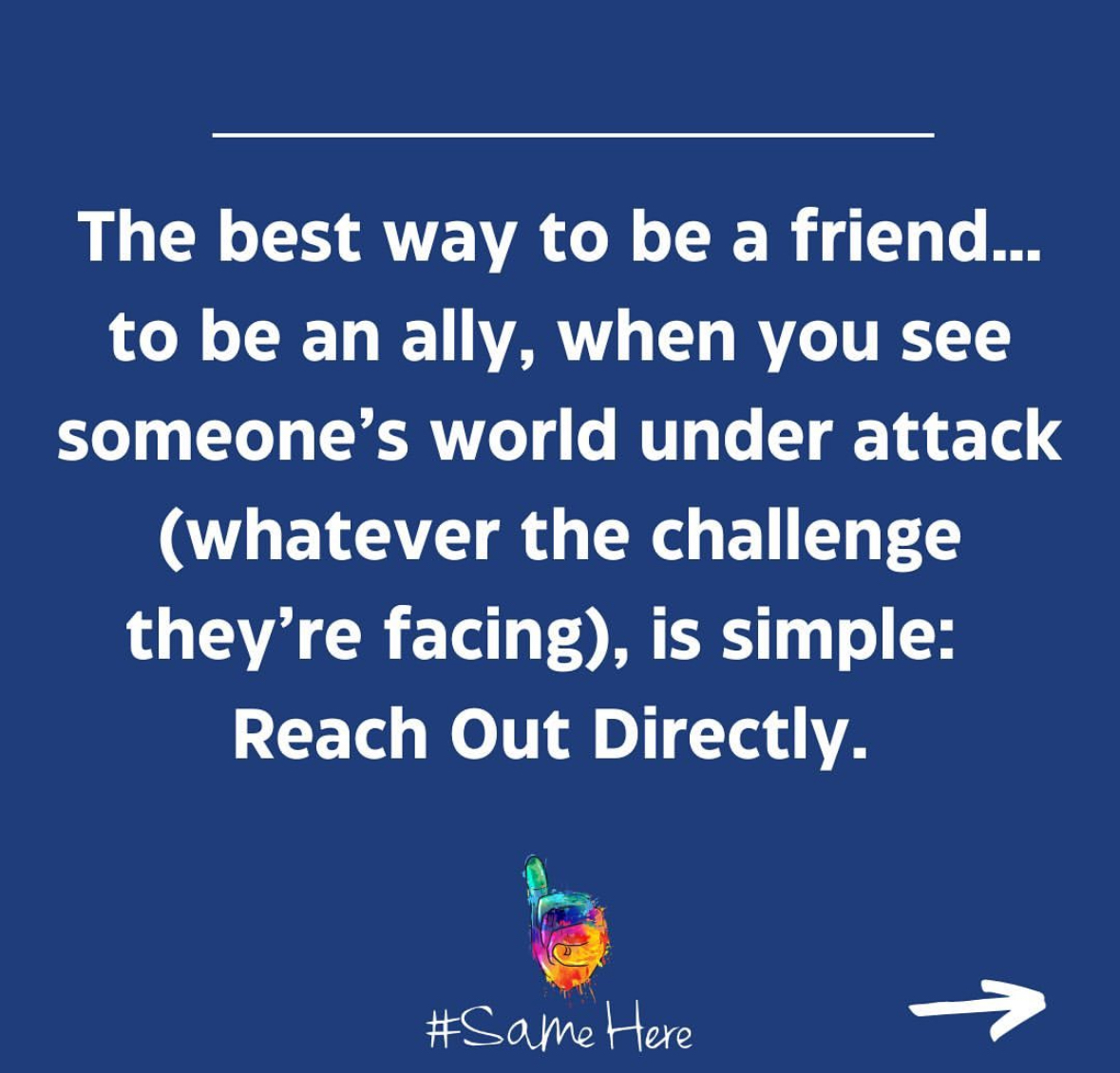One of the first times I shared my story with anyone outside my family was actually with Roy Firestone. I had been writing less-than-flattering things about him — this had to be in the early 1990s, when he had his ESPN “Up Close” show. So he called me at home to talk it out. And as Roy tended to do back then, it felt like I was in a confessional and I started to explain my chemical imbalance and depression issues — not that it explained why I was hammering him in print up until then, but I felt it needed to be explained and he, if anyone, might understand. He thanked me for telling him that and somehow I felt at that point I needed to be as transparent about this, because I was still learning how to deal with it, and maybe if I talked to key people about it, I’d find some more information. This was all pre-internet of course. Prozac was something to actually fear because of its reputation with others who were still under care for the first time with it. Doctors didn’t have a track record of its success, only its immediate failures. I decided to stick it out because things in my head were not going to get much worse. Sharing the story now is critical to me as I am dealing with one of the most stressful times in my journalism career — trying to find new work after being laid off. I doubt myself constantly, my abilities, my connections helping me out, whether I’m suited even to be working in the sports media field as it is constructed today. I ask God for strength to combat doubt. I am a Doubting Thomas in many ways — skepticism is healthy, but it can’t lead to shut-down doubt and fear. If other family members need to read this as well, I want them to know.





